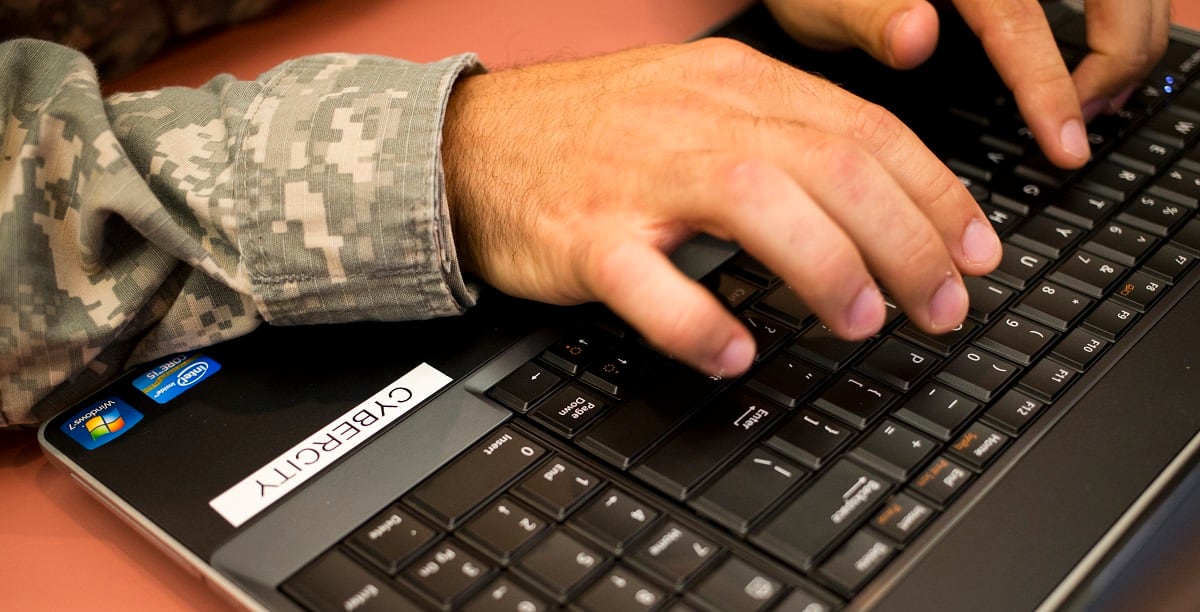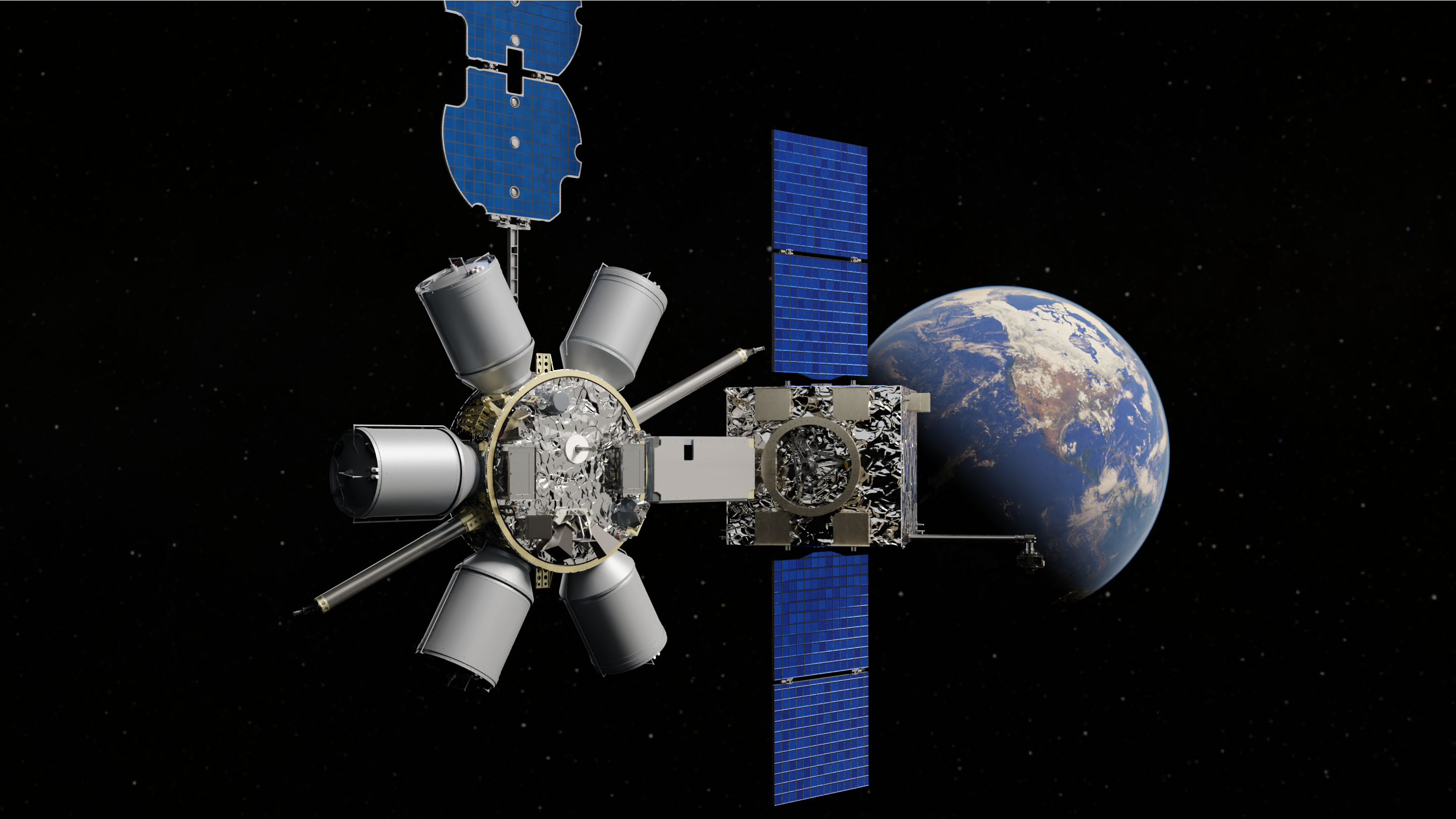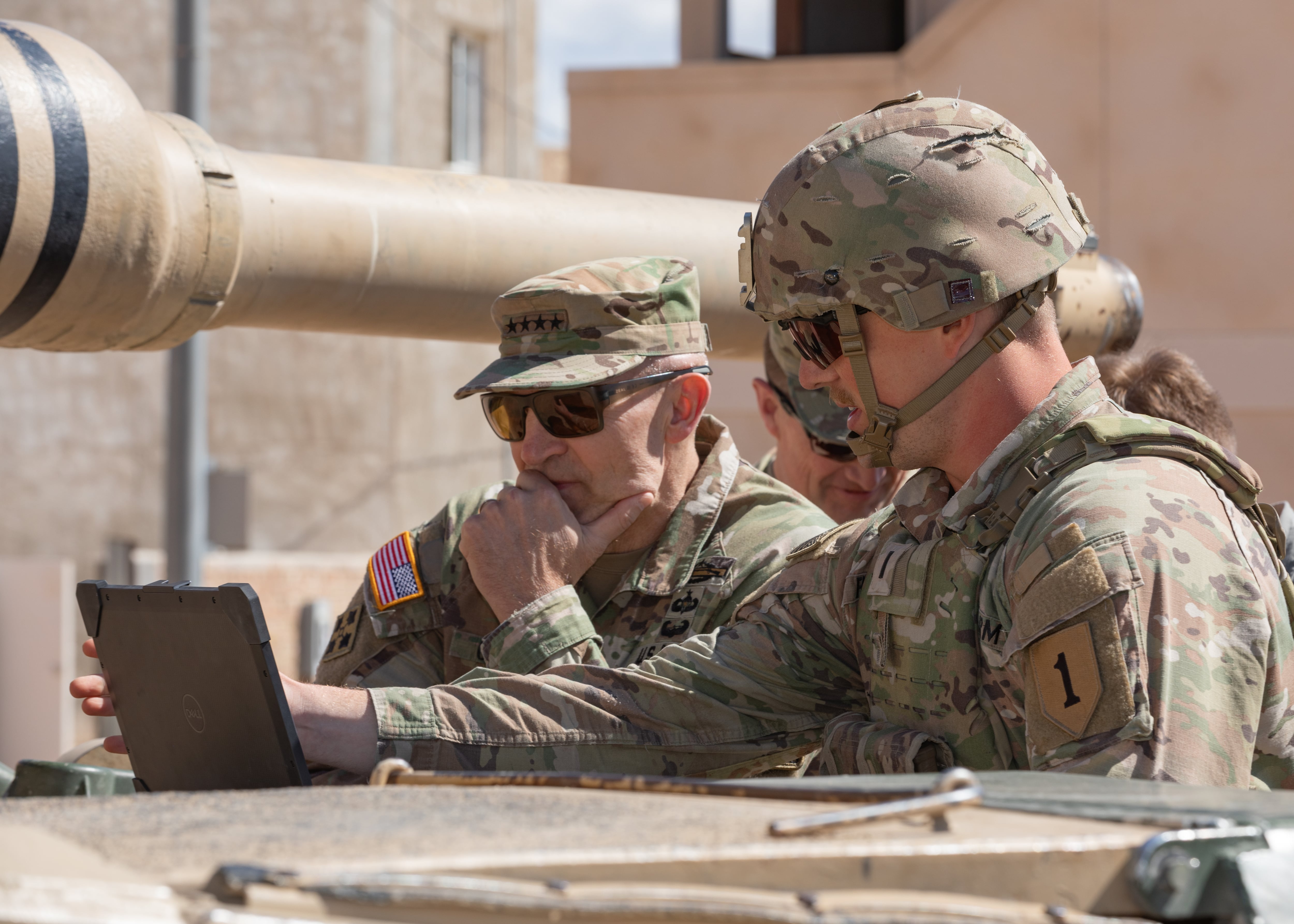Increased teleworking by Department of Defense employees as a response to the coronavirus has put the department’s network under previously unknown levels of pressure, its principal deputy chief information officer said in a virtual town hall March 16.
“Given the increased telework demand, we’ve seen a tremendous increase on the network. Unprecedented demand just over the last weekend or so,” Essye Miller, said.
She explained that, as a result of the increased demand on the network, they are asking that streaming services such as Pandora be limited if they are not mission essential. She also noted that access to YouTube will be blocked, effective tonight.
Lisa Hershman, the Pentagon’s chief management officer, said that the department is stress-testing telework opportunities. Given that, Miller noted a 240 percent increase in the help-desk requests.
Officials also explained that increased telework provides a larger cyberattack surface for adversaries to exploit, though, officials noted, Secret and Top Secret information is not available in a telework environment.
“They’re already taking advantage of the situation and the environment that we have on hand. With that, we’re developing best practices for you to use as you move from working in the office into a telework environment,” Miller said, without offering any additional information. “If you walk away from nothing else, it’s please, please, please, the same practices that you use in an office environment need to convey to wherever you’re teleworking from … We are creating a do’s and don’ts for healthy, clean hygiene on the network that we will make sure we give to WHS to distribute.”
The Washington Headquarters Service issued guidance for employees on cyber hygiene and best practices.
“[S]ome of the inherent security measures that we take for granted while working directly within a DoD network may not be fully articulated while working remotely at home. For this reason, DoD personnel need to be especially alert and attentive to cyberattacks, malware, phishing expeditions, network security protocols, encryptions requirements, et al, which may threaten government information stored on telework devices and transmitted across external networks,” the website states. “Employees who telework from home need to keep government property and information safe, secure, and separated from their personal property and information. Some helpful tips to keeping your home WI-FI, computers and mobile devices protected can be found in a ‘Protect Yourself’ booklet published by the Pentagon Force Protection Agency.”
Mark Pomerleau is a reporter for C4ISRNET, covering information warfare and cyberspace.








